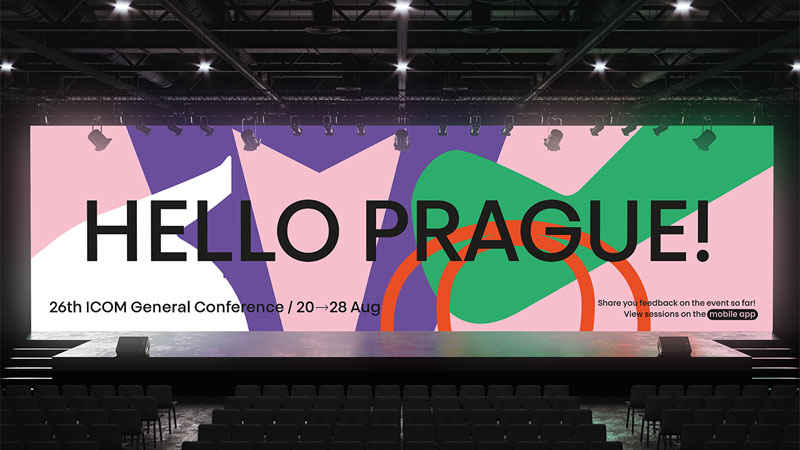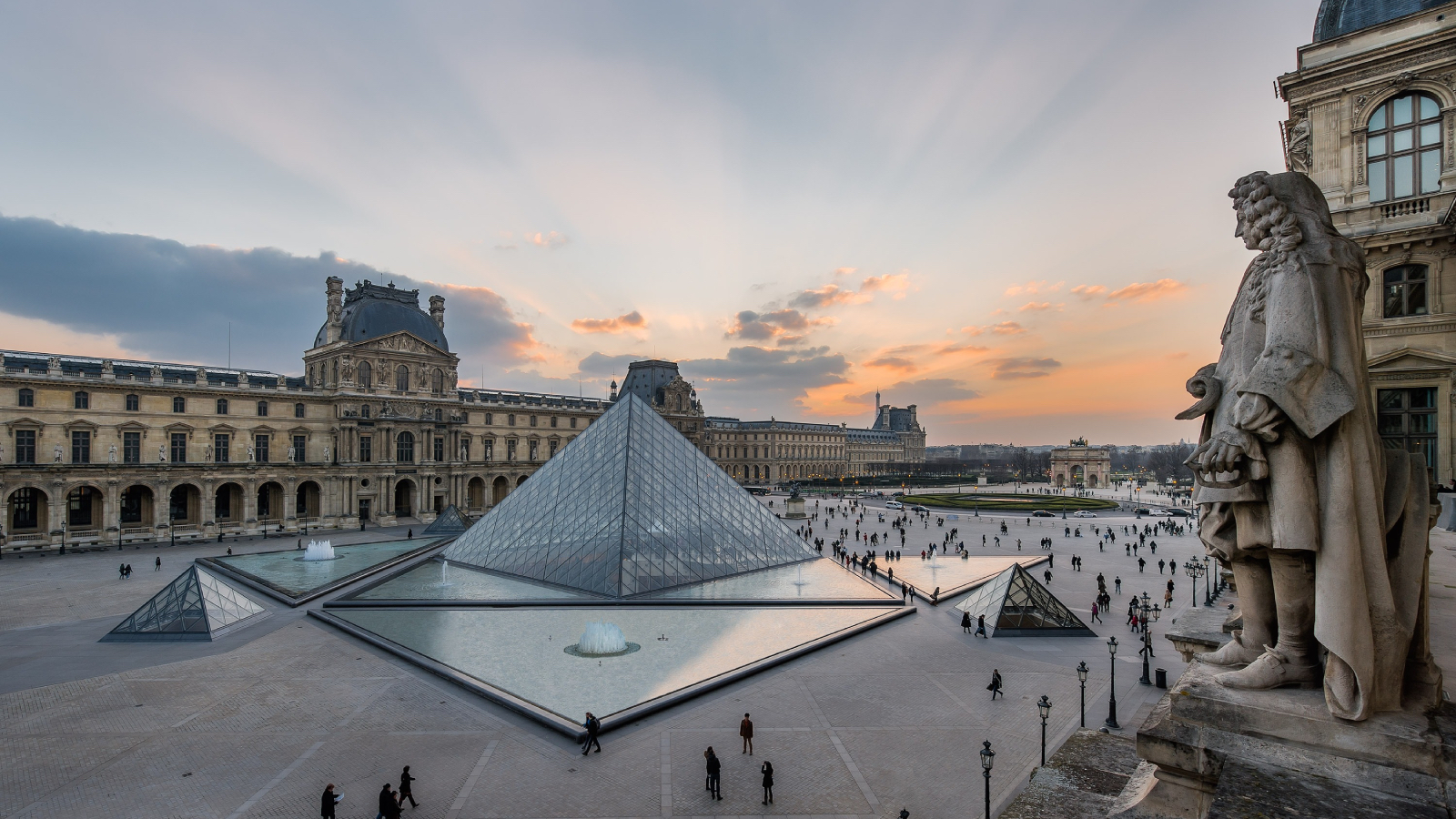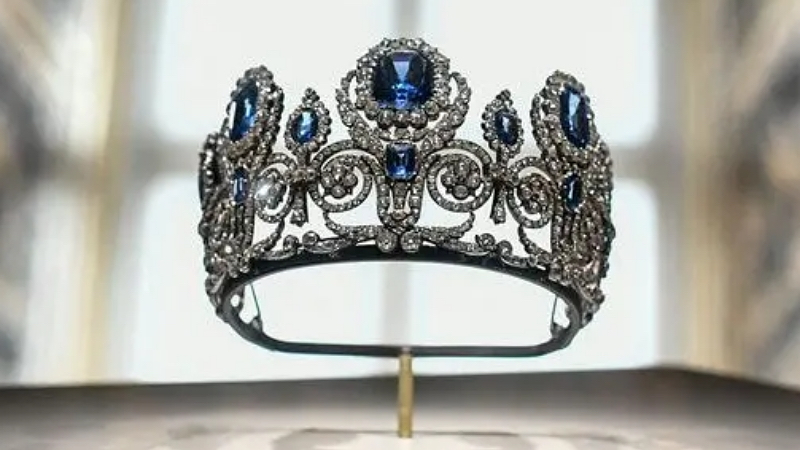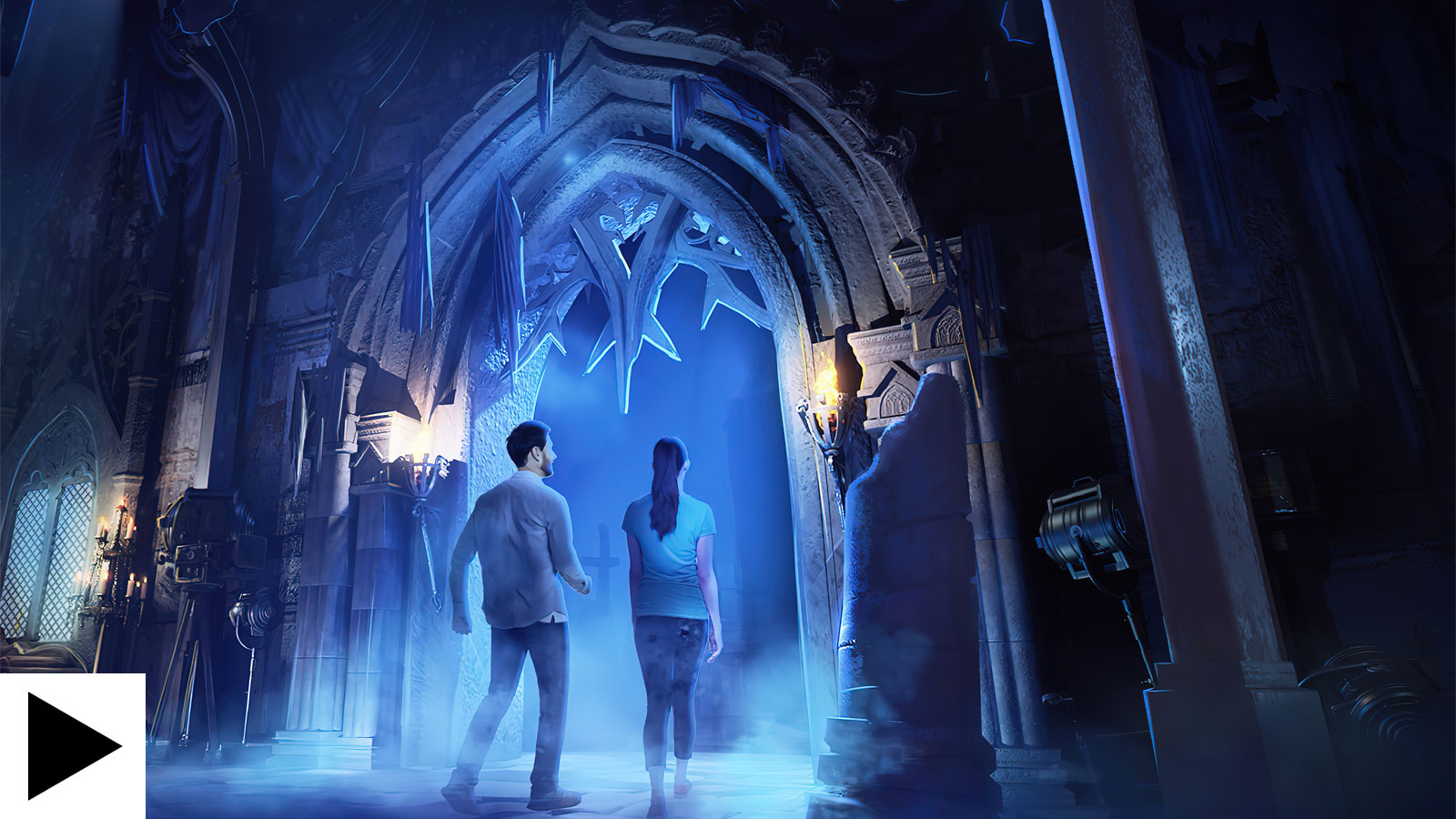|
Changes to the 2007 definition of a museum reflect industry’s more inclusive and sustainable aims and roles

Alice Davis | Planet Attractions | 26 Aug 2022

 The 26th edition of the ICOM triennial General Conference, an event dedicated to museums and its professionals Credit: ICOM Czech Republic The 26th edition of the ICOM triennial General Conference, an event dedicated to museums and its professionals Credit: ICOM Czech Republic
ICOM, the International Council of Museums, has approved a new description and definition to be used industry-wide during its general conference in Prague, Czech Republic.
The rubber-stamping of the new museum definition was the result of a process that invited participation from members representing museums from across the globe.
The newly approved wording reads:
“A museum is a not-for-profit, permanent institution in the service of society that researches, collects, conserves, interprets and exhibits tangible and intangible heritage. Open to the public, accessible and inclusive, museums foster diversity and sustainability. They operate and communicate ethically, professionally and with the participation of communities, offering varied experiences for education, enjoyment, reflection and knowledge sharing.”
More than 92% of members voted for the change, which has a new focus on community, diversity, and sustainability. The former definition was approved in 2007. ICOM has reviewed its official definition relatively frequently since its founding in 1946 in order to reflect changes to the role of museums in society.
The ICOM General Conference is running from 20th to 28th August. Areas of discussion for the conference include protecting heritage in Ukraine, sustainability and resilience, and museums and new technologies.
Museums and galleries
|
|






Supplier Showcase 2025: The biggest attractions projects landing worldwide this year
|